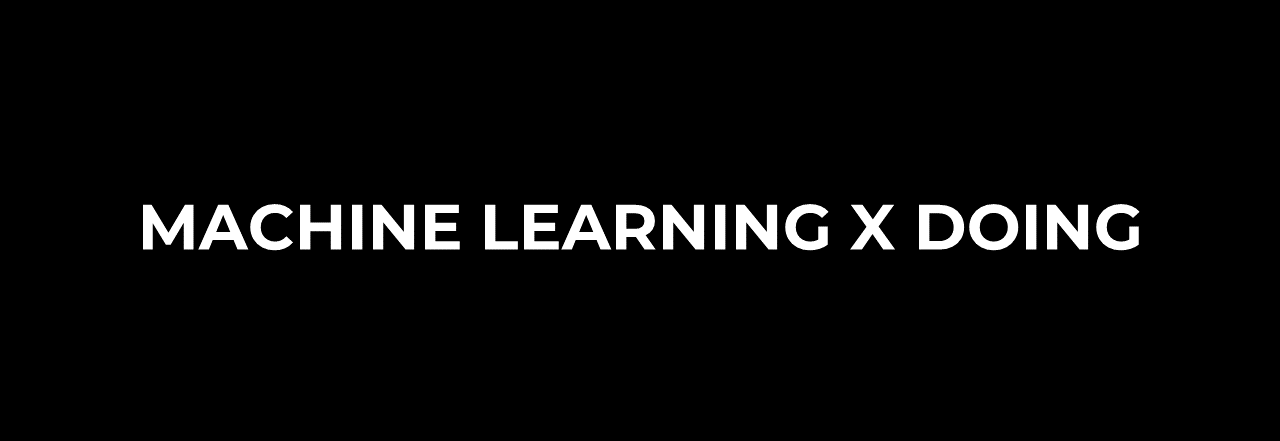Dr. Kweku Opoku-Agyemang’s research interests span artificial intelligence and development economics at Machine Learning X Doing and Development Economics X respectively.
Company Research
Machine Learning X Doing: Pushing AI frontiers for economic impact—explore our latest findings at machinelearningxdoing.com/research
Development Economics X: Delivering development for the next generation—discover our work at developmenteconomicsx.com/research
Earlier research informs @mlxdoing and @DevEconX projects—explore their work.
Selected Research
The Economics of Terrorism and Social Media (2025). In The Cambridge Handbook for the Economics of Terrorism, forthcoming, Eds. Atin Basuchoudhary and Guenther Schulze. Cambridge University Press, forthcoming.
Computational Ethics (2022). (with Edmond Awad, Sydney Levine, Michael Anderson, Susan Leigh Anderson, Vincent Conitzer, M. J. Crockett, Jim A.C. Everett, Theodoros Evgeniou, Alison Gopnik, Julian C. Jamison, Tae Wan Kim, S. Matthew Liao, Michelle N. Meyer, John Mikhail, Jana Schaich Borg, Juliana Schroeder, Walter Sinnott-Armstrong, Marija Slavkovik, and Josh B. Tenenbaum). Trends in Cognitive Sciences, Volume 26, Issue 5, May 2022, Pages 388-405.
Encountering Poverty: Thinking and Acting in an Unequal World (2016). (with Ananya Roy, Genevieve Negrón-Gonzales, and Clare Talwalker). University of California Press.
Economics for Human-Centered Artificial Intelligence (2025) detailed proposal requested, Nature Machine Intelligence. (in progress)
Econometric Causal Inference for Computer Vision: Image Natural Experiments Inspired by the Economic and Social Sciences (2021). Beyond Fairness: Towards a Just, Equitable, and Accountable Computer Vision. 2021 Conference on Computer Vision and Pattern Recognition (CVPR ’21) Workshop, June 19-25, 2021.
Predicting Petroleum Fields in Ethnic Regions with Social and Economic Data: Evidence from Africa (Poster) (2021). COMPASS ’21: ACM SIGCAS Conference on Computing and Sustainable Societies (COMPASS), Virtual Event, Australia, June 2021.
Scaling Up Peer Education with Farmers in India (2017). (with Bhaumik Shah and Tapan S. Parikh). Proceedings of the Ninth IEEE/ACM International Conference on Information Technologies and Communication for Development (ICTD ’17), 15: 1-15. November 16-19.
Does Raising Police Salaries Lower Petty Corruption? A Policy Experiment on West African Highways (with Jeremy Foltz) (2020). [International Growth Centre Working Paper]. Policy Solutions to Combat Corruption, London School of Economics Connect Magazine, Seeker: A Discovery Digital Network, Seeker Daily, The Economist, Cherokee Gothic, World Bank Africa Can End Poverty Blog, African Development Bank Evaluation Matters
Blockchain and the Scientific Method (2021) (with James A. Evans, Krishna Ratakonda, Kush R. Varshney, and Lav R. Varshney) in Position Papers for the ASCR Workshop on Cybersecurity and Privacy for Scientific Computing Ecosystems, Eds. Stacy Prowell, David Manz, Candace Culhane, Sheikh Ghafoor, Martine Kalke, Kate Keahey, Celeste Matarazzo, Chris Oehmen, Sean Peisert, and Ali Pinar. United States. doi:10.2172/1843573. An Urgency for Evidence and Transparency in Economic Analysis and Policy Conference 2017, Association for Integrity and Responsible Leadership in Economics and Associated Professions (AIRLEAP) Berkeley Initiative for Transparency in the Social Sciences Blog, Development Lunch Seminar, Department of Economics, December 12, 2017, UC Berkeley US Department of Energy Advanced Scientific Computing Research Workshop on Cybersecurity and Privacy for Scientific Computing Ecosystems, American Academy for the Advancement of Science Annual Meeting Symposium
Collaborate
Interested in economics, AI, development, or computational research? Contact me at kweku[at]machinelearningxdoing[dot]com or kweku[at]developmenteconomicsx[dot]com.

